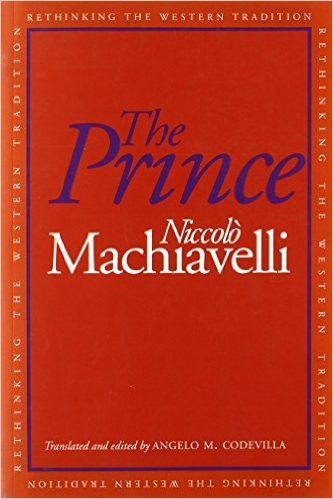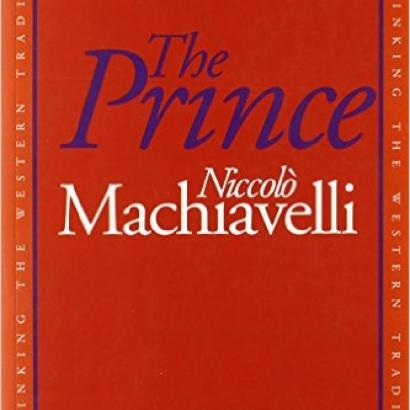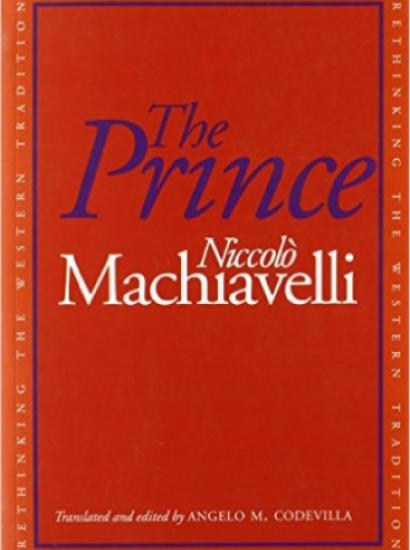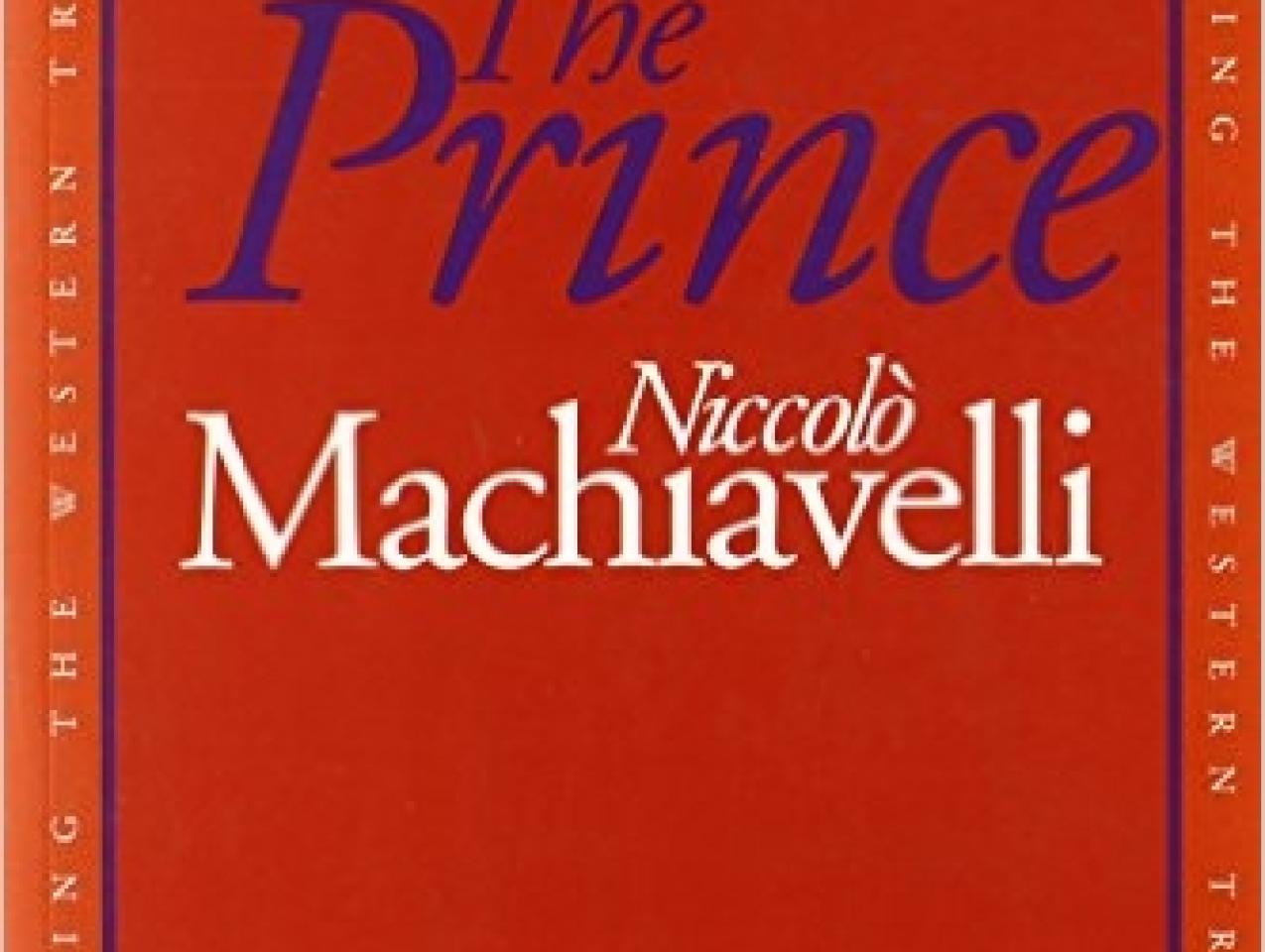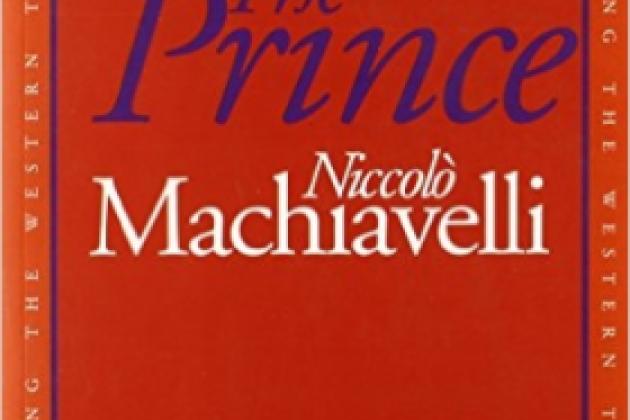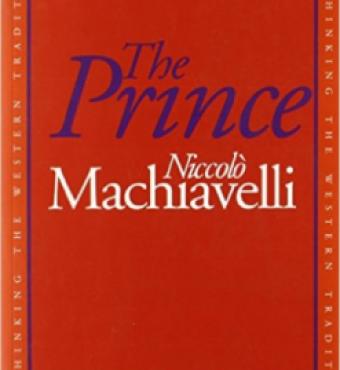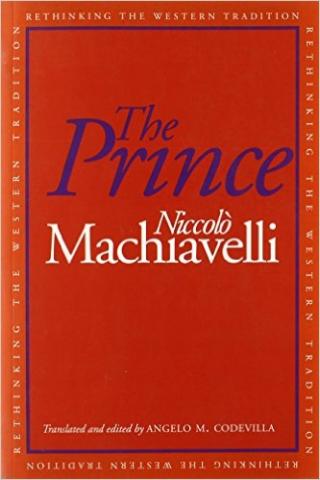- History
Translated by Angelo M. Codevilla
The Prince, Machiavelli’s best known and least understood work, consists largely of anecdotes of victory and defeat in conflict. It is neither a set of recipes for success, nor an argument in favor of harsh methods. That is because Machiavelli’s anecdotes suggest that different—indeed opposite—approaches to conflict are likely to bring victory or defeat according to how well they fit the particular circumstances in which they are used. Machiavelli writes, for example, that terror-inspiring “inhuman cruelty” was responsible for Hannibal’s success in leading a heterogeneous army deep into enemy territory, but also that Scipio’s humane benevolence helped to build the loyalty of the Roman troops that ended up defeating Hannibal. He tells us that unarmed prophets never succeed—except when they do—and that conspiracies always fail—except when they don’t. Machiavelli’s practical guidance here is simply that, in any given circumstance, people must do whatever it takes to win.
The seemingly anodyne advice “whatever it takes,” however, is the book’s most revolutionary aspect. Long before Machiavelli, Aristotle had noted that victory is the natural objective of generalship. But the classical tradition had placed all manner of war in the context of concerns that are even more important to human beings’ fulfillment of their nature—chiefly with what is good and bad by nature, as well as with obedience to the gods, or to God. For Machiavelli, however, concern for victory subordinates, redefines, or simply erases all others. The Prince trains the reader to disregard divine right by excluding references to God. By the linguistic legerdemain of chapters fifteen through eighteen, it redefines good and evil in terms of victory and defeat. By treating Moses in the same terms as Agathocles, one of the ancient world’s goriest tyrants in chapter six, it reduces the Ten Commandments to the level of guidance, important or not relative only to the effect it has on whether one kills or is killed. Hence, the book’s blood and gore, the images of the thrills of victories and agonies of defeat, serve to focus attention on its truly revolutionary message, one that is wrapped in awkward language and loose grammar: Victory is not the most important thing. It is the only thing.
The importance of The Prince’s message—that life is strife to be waged without reference to natural or divine standards of better and worse—far transcends military affairs. By this message, Machiavelli, an “unarmed prophet,” means to displace the victory of the most consequential “unarmed prophet” who ever was: Jesus Christ. The course of Western philosophy post-Machiavelli testifies to this book’s success in that displacement.







